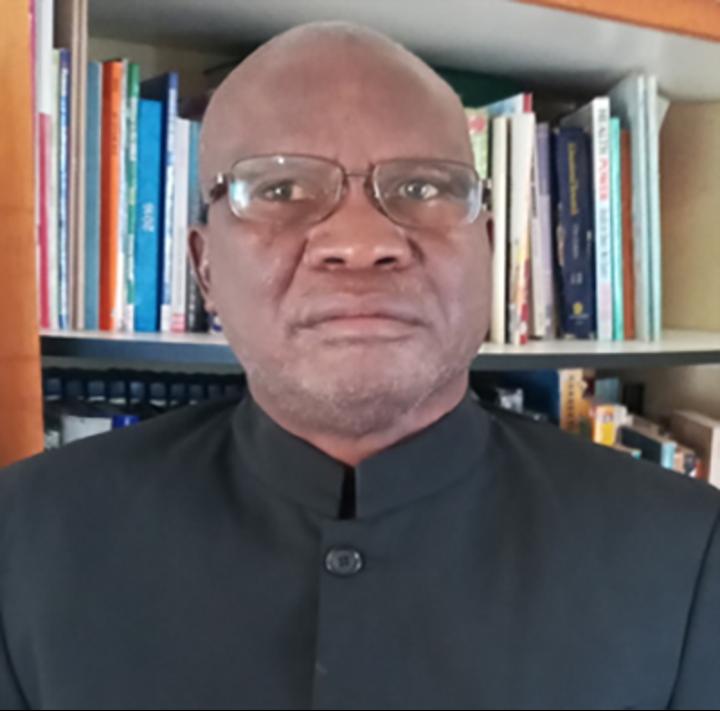Africa-Press – Namibia. Mazrui (1990) asserts that in Africa, it was the painful process of cultural Westernisation without technical modernisation that came to play.
Lamb (1990) also asserts that Africa has taken all the worst aspects of European bureaucracy, combined them with ignorance and indifference, and came up with a system that is as undirected as lethargic as a rudderless dhow in a rough sea. As a result, Western systems fail to work in Africa. These trademarks of directionless are almost everywhere in many African countries, and in some cases render the state functionaries irrelevant.
One may argue that Africa has made strides in every sector, which can be proved by many national projects. Yes, many African countries have come up with national development plans, budgets and other financial constraints measures. But the outcomes of such milestone endeavours are difficult to measure as they are swallowed up by the increasing poverty and joblessness.
Of course, other parts of the world are no exception, which means that some countries may experience some economic hurdles like Namibia.
But we should have done better with so much resources and a manageable population. One of the problems the country is facing is lack of unity at the political centre.
Abraham Lincoln, one of the most celebrated American presidents for the abolition of slavery and who fought against secession, once remarked: “You can fool all the people some of the time, and some of the people all the time, but you cannot fool all the people all the time. If the political centre cannot hold, as Chinua Achebe maintains in his book, “Things Fall Apart, then we should expect crisis leadership. Unfortunately, that is almost the current state of the ruling party.
It is quite strange that unity has been preached in all sections of the ruling party, only to witness something else, contrary to the unity dogma.
The disputed election results of the congress of the ruling party last month, and the pending legal action, points to another SWAPO of this decade.
Some of us toyi-toyied for a united SWAPO of the 1980s, which preached comradeship focused on liberating the country. The mistake is that the party did not do its homework at Independence because it listened to some voices, which were not genuine.
Yes, politics and elections are about the number of votes, not the genuineness of the members. But then the number of votes comes with a prize of oiling the hands of the voters.
There is nothing wrong with that, provided the services are delivered in an honest and transparent mode. Outwardly, the party and its philosophy has been liberating. But alas, the top elite was rehearsing another philosophy of “getting rich fastest at the expense of the masses.” This is manifested in the high level of poverty in some communities, and the high level of unemployment among the youth.
One may be tempted to allude that the political system of the country is at the crossroads. The ruling party is divided along many factions which are difficult to define and explain, let alone comprehend.
Besides the schism within the main splinter body, there are smaller factions outside the party.
It seems even the pioneers of the party find it difficult to bring all members together. One cannot ignore the limping duckness of the opposition parties, who are failing to come together in order to form a formidable force against the ruling party.
Maybe the ruling party has overstayed, and seems to lose its political compass. But there could be political parties which have been ruling for more than thirty-two years, but are still going strong. The Botswana Democratic Party has been in power since 1966, and it seems to hold together, despite some schism here and there.
Maybe we could bring in the most destructive nature of greed, which might be contributing to components of the parties falling apart. Our kinsfolk in the North say, “Tashi li olukunde oshi li molukunde,” meaning what destroys a bean seed is inside the bean itself.
The expression is true because if the heads of governments are kleptocratic, surely the whole nation will follow the masters.
Namibians have created the current corrupt system knot, and they should address and untie that themselves. A ruler should be justified in the exercise of political power only if it contributes to the common good of the people served (Spielvogel, 1991: 436). What is at stake at the moment is rushing to the Central Committee and the Politburo, as these components of the party seem to bring the incumbent nearer to the corridors of power.
Card-carrying members are no longer satisfied with their names being in the party’s records, but want to have access to the national largesse. It is partly understandable because some members have been in the cold for too long, waiting for their time to eat, but it does not dawn.
Therefore, all ways and means are sought for one to be in the fold of those aspiring going to the National Assembly or Cabinet. It is a struggle, which some members have to conquer by all means. Unfortunately, only a specified number of party members should make it to the August houses at a time.
It is that time which makes things complicated, as one does not know when his or her time will come and be ushered into the corridors of power. The end-result is that unhealthy competition and disunity set in, and politically paralyses the system of governance!
For More News And Analysis About Namibia Follow Africa-Press






